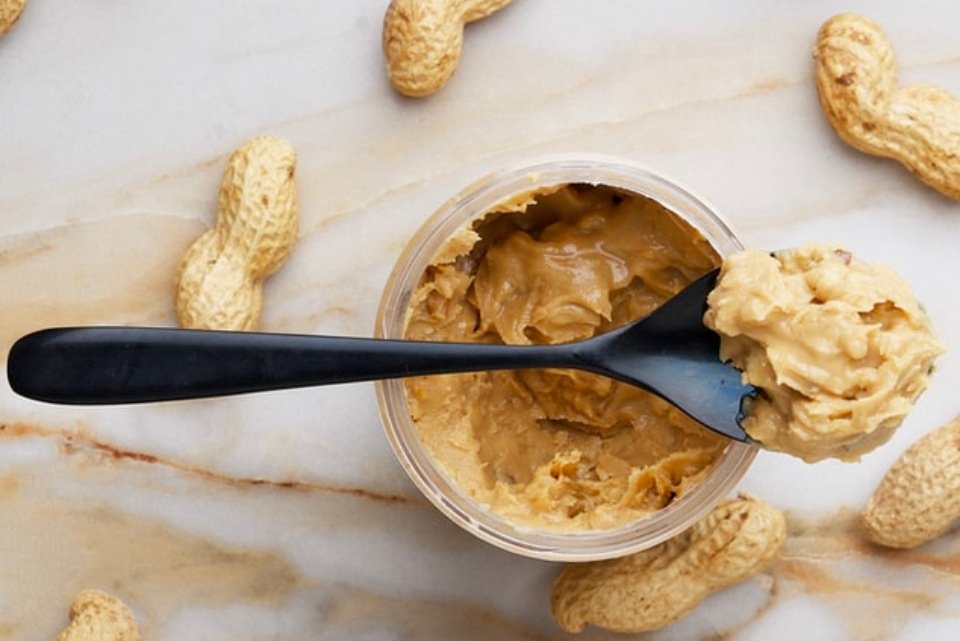Peanuts have gained a “reputation” as a diet food because they help you feel full and are a natural source of energy. Contrary to what some people think, it is not a source of protein.
To prove the quality of the products, the Brazilian Consumer Protection Association analyzed 17 batches of whole peanut brands on the market. The products generally contain only one ingredient in their composition: ground peanuts.
Prosti tested the content of proteins, saturated fats, and total fiber, in addition to the presence of food additives, bacteria, and microtoxins.
Brands evaluated are: Fit Food, Santa Helena, Holu, Luke Overrun, Power1one, Eat Clean, Tocca, Taeq, Mandubim, Vita Power, Amendo Lovers, Castan Maria, Bio2, Da Colônia Amendo Power, Nutrissima, La Ganexa, And Oner.
Among them, the Fit Food brand is the one that stood out, scoring 96 points in the overall evaluation for high protein and fiber content, as well as low saturated fat content. Mandubim also got a good spot in terms of quality compared to price.
Regarding contamination and additives in the batches analyzed, no brand showed any violations, and since it was presented as a complete product, additives are not allowed.
For a product to be considered a source of protein, it must contain at least 10% of the Recommended Daily Value (RDV), which is 50 g/day. The reference portion of peanuts—a 15-gram tablespoon—contains 4 grams on average, and to be considered a source of this macronutrient, it must contain at least 5 grams.
Yes, it can help in obtaining the daily amount of protein, however, to obtain a good amount of nutrients, it will be necessary to eat a large amount of paste, which may lead to a high calorie intake.
Although it passed the tests, there was one detail that left something to be desired: packaging without a magnifying glass.
1/11
Peanut butter provides a high amount of saturated fat, and according to new labeling legislation, if a product provides more than 6g in 100g of product, it must have a ‘high saturated fat’ label. However, despite providing about 8 grams in 100 grams, they did not offer magnifying glasses.
Appendix Sixteen of Standard Instructions No. 75/2020 may justify this. There is a list of foods for which front labeling is prohibited, such as legumes. For those who think that peanuts belong to the oilseed group, this is wrong. The food is from the legume group, so it is forbidden to add a magnifying glass because it is rich in saturated fats.
For products containing ingredients as additives, such as flavored pastes, a magnifying glass warning may be recommended because in addition to the increased saturated fat content, pastes containing additives would not fall under the legislation.
He is a registered dietitian with a graduate degree in clinical sports nutrition

“Wannabe internet buff. Future teen idol. Hardcore zombie guru. Gamer. Avid creator. Entrepreneur. Bacon ninja.”

